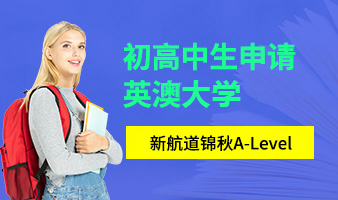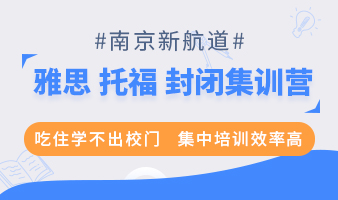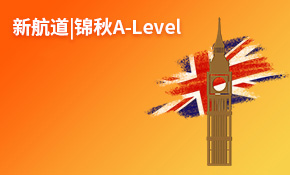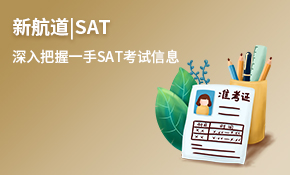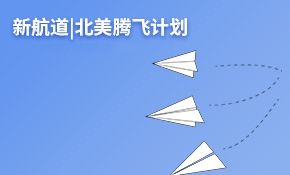托福综合写作的技巧—托福综合写作的“辩论”功法你会几种?
托福综合写作的技巧—托福综合写作的“辩论”功法你会几种?综合托福写作中听力反驳阅读是不争的事实,除非是遇到彩票中奖级的运气,不然不会出现同意的情况,但是考生们在准备的过程中有没有思考过,听力往往是以什么样的逻辑去反驳阅读呢?
其实听力和阅读就相当于是在辩论赛中的正反方,反方自然会抓住正方的某一个小辫子进行反驳,那么在听力中也一定会抓住阅读中观点的某一个角度进行辩驳,辩驳的方式多种多样,接下去为大家罗列其中一些。
听力承认阅读说的没有错,但是给了比阅读更大的一个优势 ■ Reading: First, contributors to a communal online encyclopedia often lack academic credentials, thereby making their contributions partially informed at best and downright inaccurate in many cases. Traditional encyclopedias are written by trained experts who adhere to standards of academic rigor that nonspecialist cannot really achieve. ■ Listening: First, errors. It's hardly a fair criticism that encyclopedias online have errors. Traditional encyclopedias have never been close to perfectly accurate, if you are looking for a really comprehensive reference work without any mistakes, you are not going to find it, on or off line. The real point is that it's easy for errors in factual material to be corrected in an online encyclopedia But with the printed and bound encyclopedia, the errors remain for decades. 阅读提出一个缺陷,而听力提出了改进弥补的方案 ■ Reading: Second, even if the original entry in the online encyclopedia is correct, the communal nature of these online encyclopedias gives unscrupulous users ,vandals or hackers the opportunity to fabricate, delete, and corrupt information in the encyclopedia. Once changes have been made to the original text, an unsuspecting user cannot tell the entry has been tampered with. None of this is possible with a traditional encyclopedia. ■ Listening: Second, hacking. Online encyclopedias have recognized the importance of protecting their articles from malicious hackers. One strategy they started using is to put the crucial facts in the articles that nobody disputes in a read-only format, which is a format that no one can make changes to. That way you are making sure that the crucial facts in the articles are reliable. Another strategy that's being used is to have special editors whose job is to monitor all changes made to the articles and eliminate those changes that are clearly malicious. 针对同一个问题,听力站在阅读的另一个角度去反驳 ■ Reading: Third, the communal encyclopedias focus too frequently, and in too great a depth, on trivial and popular topics, which creates a false impression of what is important and what is not. A child doing research for a school project may discover that a major historical event receives as much attention in an online encyclopedia as, say, a single long-running television program. The traditional encyclopedia provides a considered view of what topics to include or exclude and contains a sense of proportion that online “democratic” communal encyclopedias do not. ■ Listening: Third, using the virus is a bad idea because it could have terrible consequences for cane toads in their original habitat in Central and South America. You might be wondering how can a virus released in Australia cause harm in the America. Well, Australian reptiles and amphibians are often transported to other continents by researchers or pet collectors for example. Once the animals infected by the virus reach Central and South America, the virus will attack the native cane toads and devastate their populations. That would be and ecological disaster because in the America cane toads are a native species and a vital part of the ecosystem. So if they are eliminated, the whole ecosystem will suffer.






